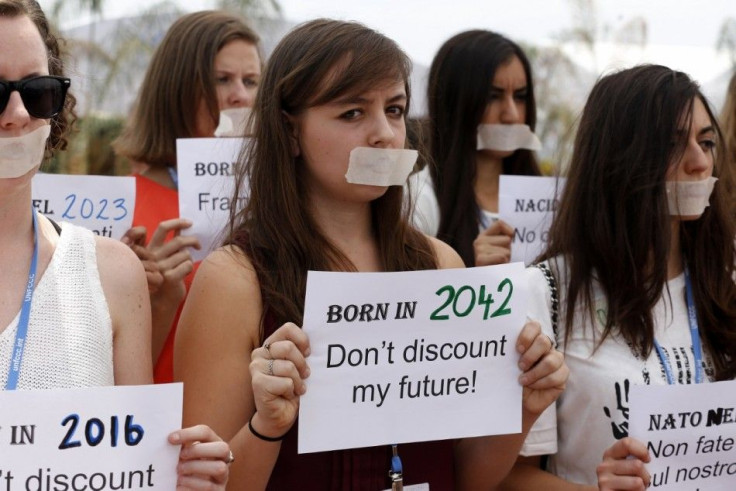Canada Will Miss Reduced Greenhouse Gas Emissions Commitment

A report released by Environment Canada on Monday has announced the glaring truth that the country will not be able to fulfill its reduced greenhouse gas emissions commitment by 2020.
The reason for Canada's lackluster performance? It is simply not doing enough to meet its goal. Ian Bruce, a science and policy manager for the David Suzuki Foundation, said Canada had the "tremendous potential" to meet its 2020 climate change commitment had it just adopted regional climate action initiatives.
In 2009, Canada, along with other global representatives during a meeting in Copenhagen, promised to reduce its GHG emissions by 17 percent less than it had emitted in 2005, or roughly a cut back figure to 611 million metric tonnes per year. The emissions will be implemented among the country's various economic sectors.
Canada had instituted measures to bring about this commitment. But Environment Canada found them lacking. It said that even with current measures, Canada's total emission by 2020 will only reach 727 megatonnes, only 1.2 percent below the 2005 levels. Although an improvement over what would have been a nearly 17 percent rise over 2005 levels, assuming there were no measures made, "it's only a little over half of the way towards our target," the Weather Network said.
Bruce blasted the federal government for its seemingly careless approach. He said if only the federal government supported Canada's existing ingenuity, skills and solutions on climate change. "We could be an innovator and developer of solutions, and sell those solutions to the world, instead of being recognized as a laggard."
The report by Environment Canada had stated suggests that had Canada agreed to implement provincial climate change policies in 2008, the country's total emissions would be 77 million tonnes lower by 2020. Bruce noted B.C.'s carbon tax and Ontario's commitment to coal-free electricity. He said such measures would have greatly helped achieve that 2020 goal if the federal government had adopted them on a national level. Bruce likewise pointed out that Metro Vancouver's upcoming transit referendum as its contribution to greenhouse gas reduction initiatives.
Bruce said Canada isn't lacking in initiatives how to curb its GHG emissions, but the federal government must learn how to observe and listen to such suggestions. What's further irritating is that the U.S. is on track to meet its target, while Canada isn't and, in fact, continues to fall behind.
Apparently, Canada's promises to help ease the global warming and climate change were just empty ones. The Toronto Star, citing the recently released Climate Change Performance Index, reported Canada now ranks behind Hungary, Mexico and the U.S. among nations with complete and utter disregard for the environment. Canada landed on that index at the 58th spot, "dead last." Toronto Star said the report even called Prime Minister Stephen Harper the "earth's worst climate villain."





















